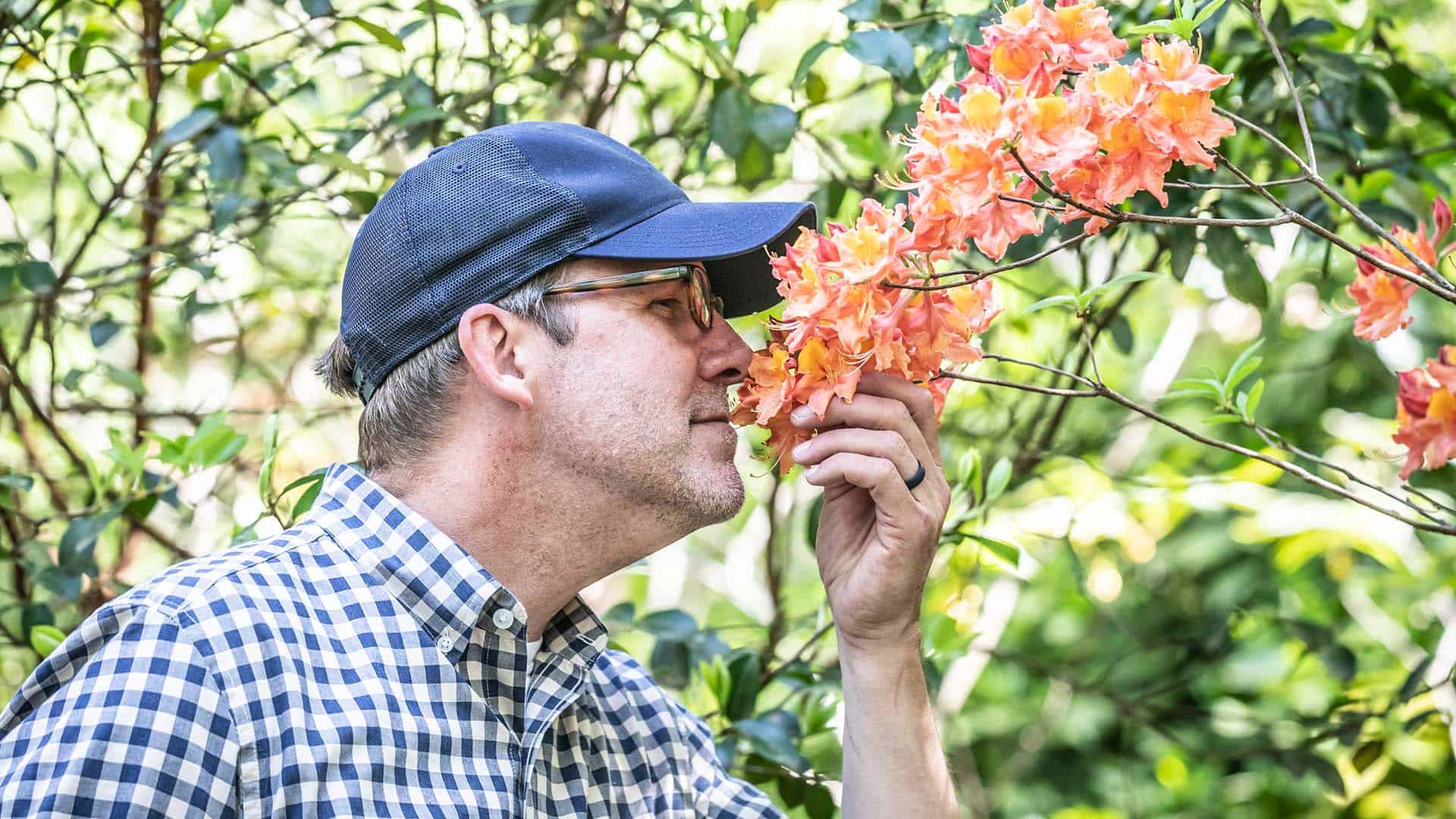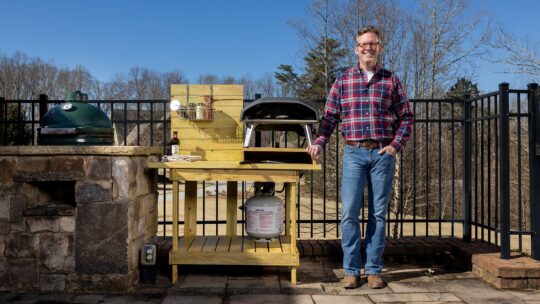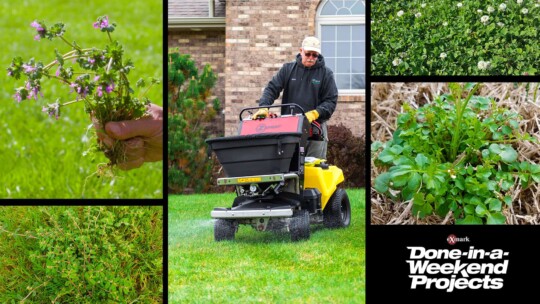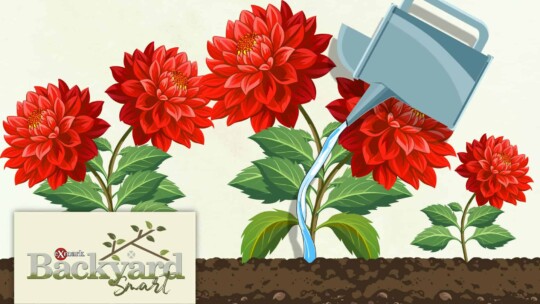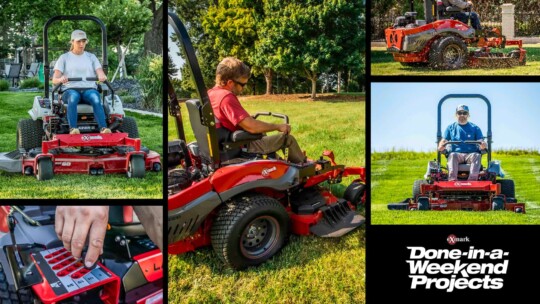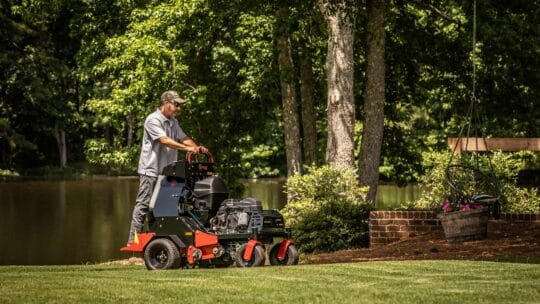
Gardening for Your Mental Health
With the world finally breaking free of a historic pandemic, mental health is being talked about more than ever. In fact, according to the National Alliance on Mental Illness, one in five adults experienced mental health issues in 2020. That’s why, in this Backyard Life video, landscape designer and Done-In-A-Weekend Projects host Doug Scott is at legendary coach Vince Dooley’s Athens, Georgia garden. He’s there with several gardening ideas that’ll help give your mental health a much-needed boost.
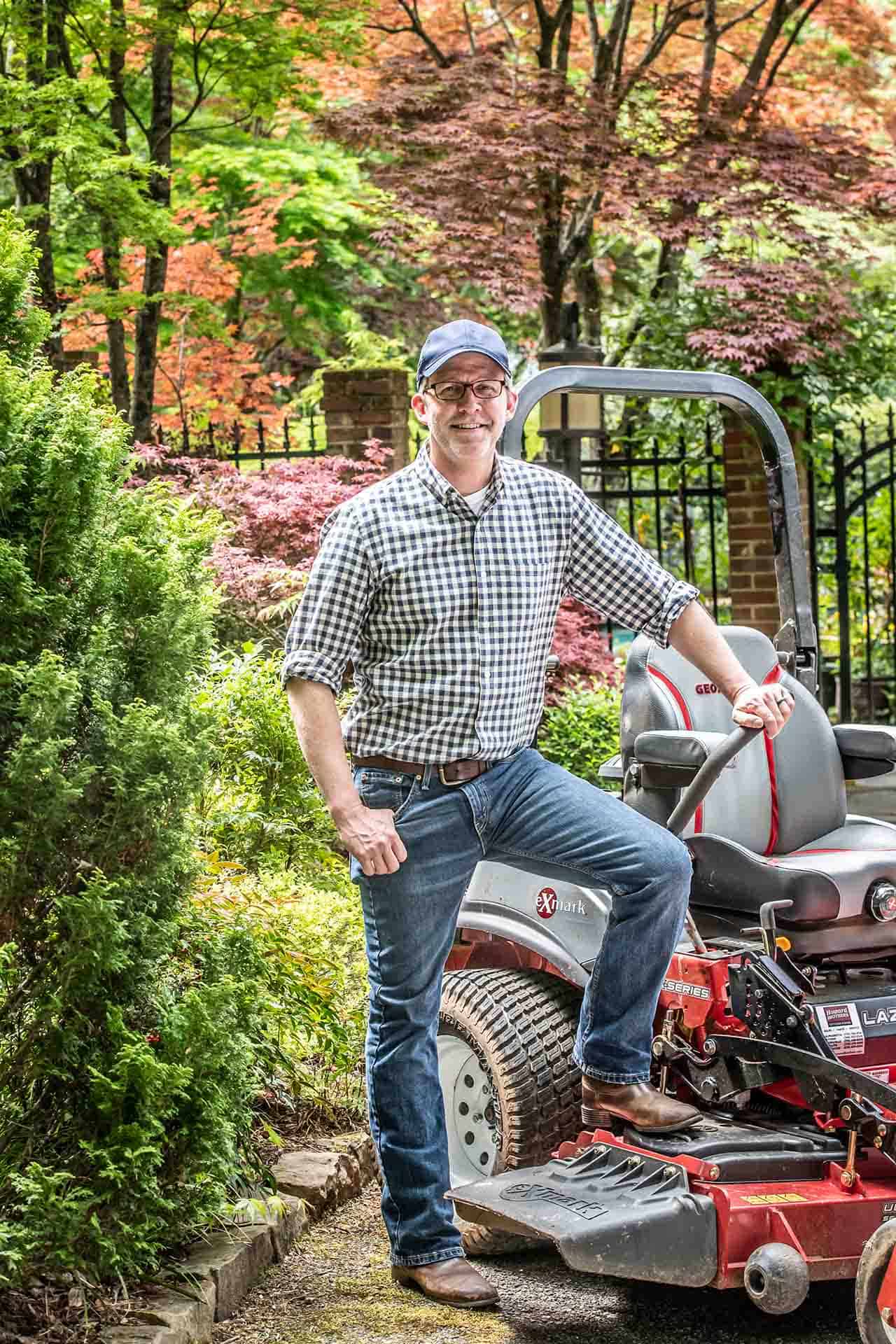
Health Benefits of Gardening
The positive impacts of gardening are quite nearly endless, especially when it comes to our mental and physical health. These benefits, too, fall into two main categories: “active” and “passive.”
- Active benefits: Active benefits are all about getting to work and doing something in your garden. This helps you clear your mind while getting your hands dirty. Gardening, and similar physical activity outside, does your body wonders. Studies show that increased exposure to the outdoors leads to fewer long-term health problems, helping improve cardiovascular fitness, as well as flexibility, strength, and dexterity—all leading to better mental health. We also tend to get an emotional boost when interacting with plants. Gardening helps foster our nurturing instincts and restores senses of hope and purpose, ultimately improving our self-esteem.
- Passive benefits: Conversely, passive benefits are about simply being in nature or an outdoor space, providing a positive distraction from stresses in your life. There’s scientific evidence proving that just being in nature has a positive impact on our stress levels and brain chemistry. Gardening also helps you “feel alive,” letting you take your mind off of work, while giving you a new sense of purpose outside of the daily grind. Though it might seem cliché, you’re able to develop a deeper connection to nature, creating a deeper sense of belonging.
Gardening By Your Senses
As Doug tells his design clients, “it’s so important to create a yard and garden that reflect how you want to live outside.” That’s why he recommends designing your mental health garden according to your five senses.
- Sight: The simple sight of a breathtaking array of plants, an arrangement of your favorite flowers, or interesting objects in your garden is bound to give your mental health a boost.
- Taste: Growing your own fruits and veggies will provide you an incredibly rewarding harvest, in more ways than one. Not only are you able to enjoy the produce you have grown for breakfast, lunch, and dinner, but you get the personal satisfaction of a job well done.
- Hearing: Among the plants and flowers, you’re able to add fixtures (such as wind chimes and water features) that’ll produce soothing, stress-relieving sounds. And that’s not to mention the bird song you can enjoy due to the new habitats you’ve created.
- Touch: Just the process of getting dirty and planting your own flowers provides a huge boost to your mental health. From the light, feathery textures of flower pedals, to the rough surfaces of tree bark or bush stems, touch goes a long way in giving you a deeper sense of connection to your garden. This all ties back to a combination of active and passive benefits. These help you further establish a deeper sense of purpose.
- Smell: Memory care facilities actually use aromatherapy to counter common dementia behaviors. Smells can help relive forgotten and happy memories associated with them. Consider adding fragrant flowers and herbs to your garden, so you can literally “stop to smell the roses.”
Designing Your Mental Health Garden
When designing a garden, Doug likes to create “rooms” connected by meandering paths that let you get away from it all. These rooms provide mini spaces that you can retreat to, so you can rest, unwind, and feel restored.
However, your outdoor spaces don’t always need to be quiet and sedentary. If you enjoy being outside with others, creating gathering spaces in your yard is a great idea. And, if you have a hobby that can be done outdoors—like exercising, painting, or writing—you can create spaces to do just that.
Doug stresses that you shouldn’t get ahead of yourself and start creating a ginormous garden right off the bat. He recommends starting small, simple, and stress-free, and to grow your garden out from there. So, get to gardening today—your mental health will be better off because of it.

